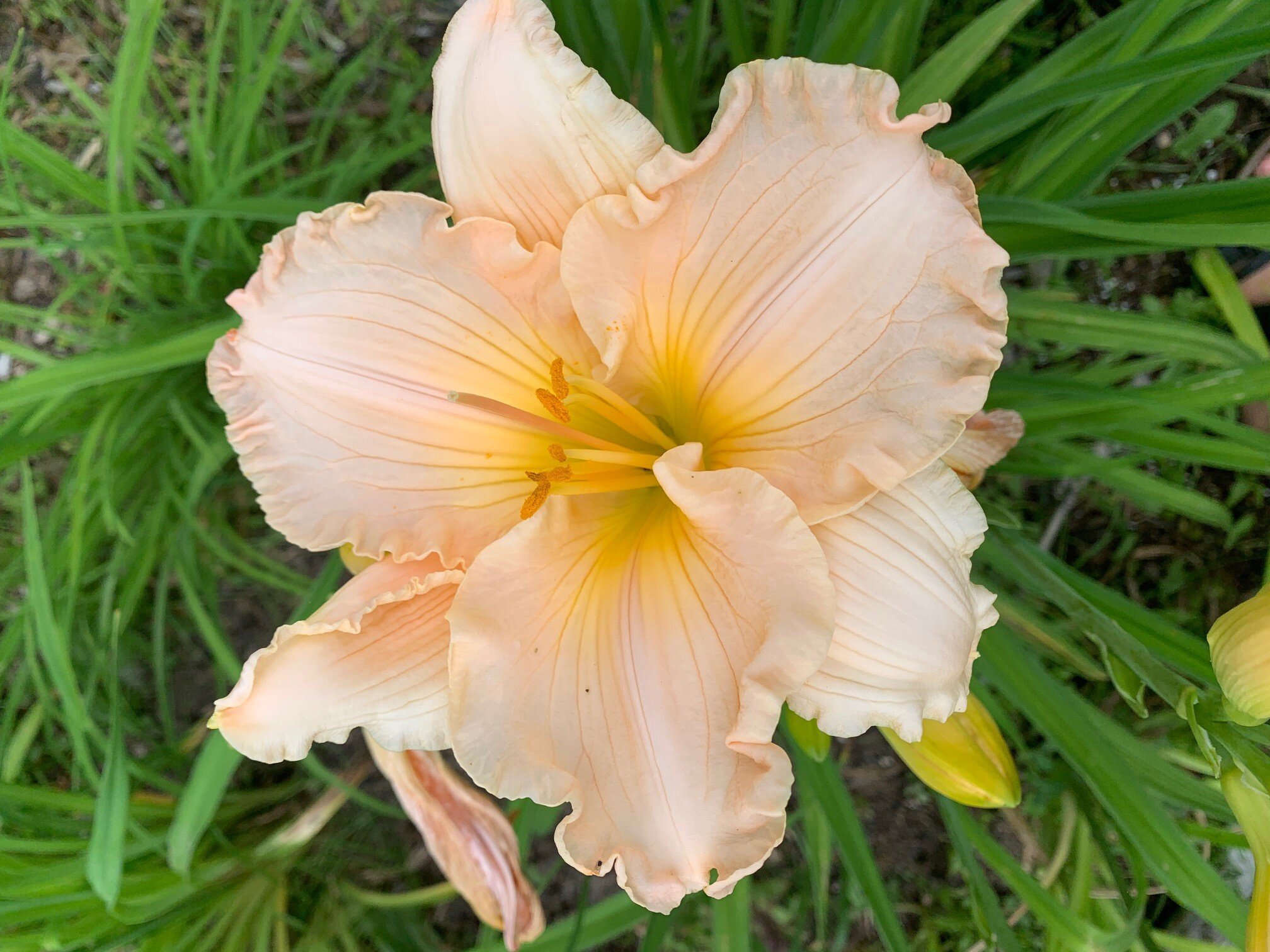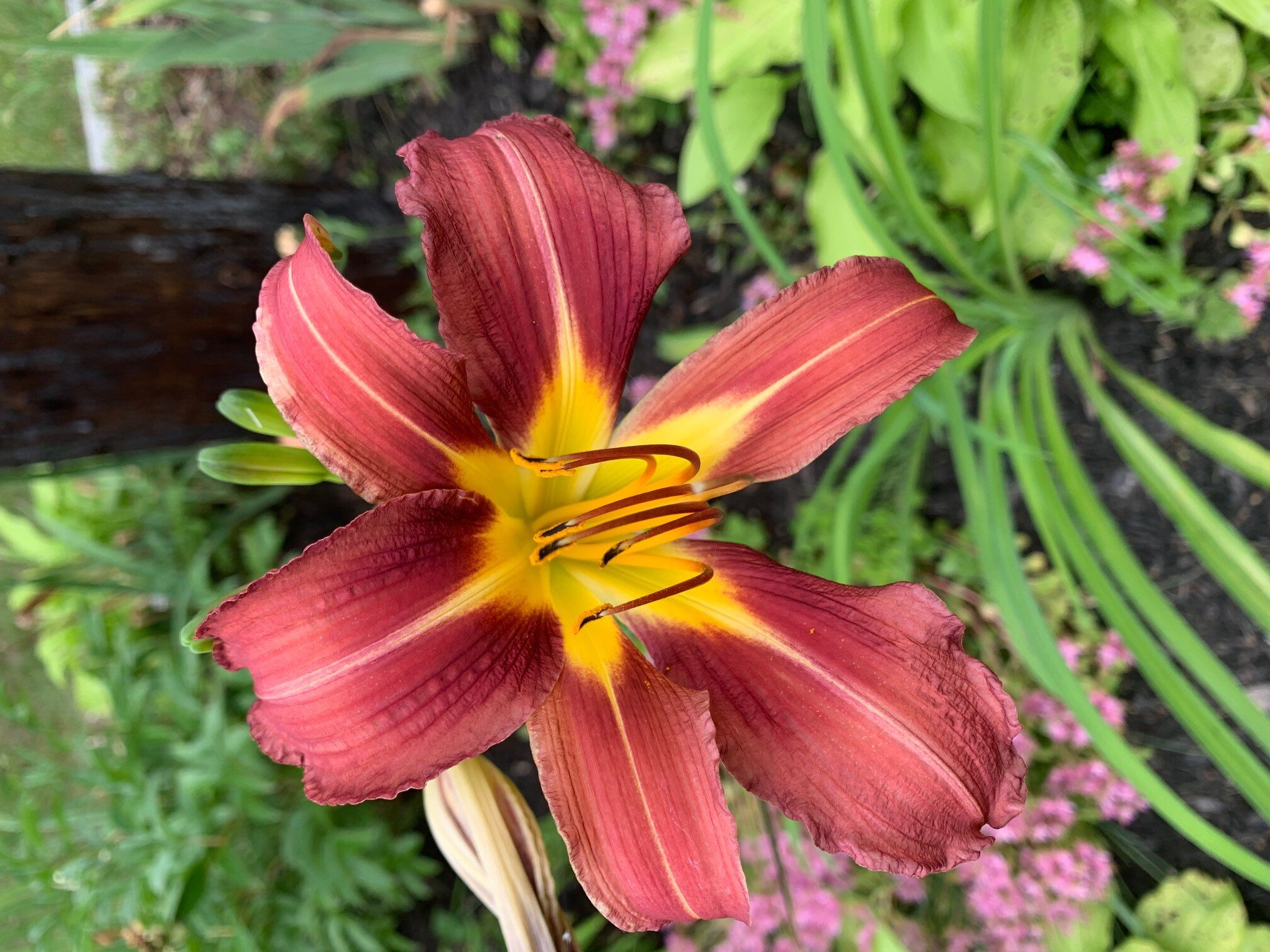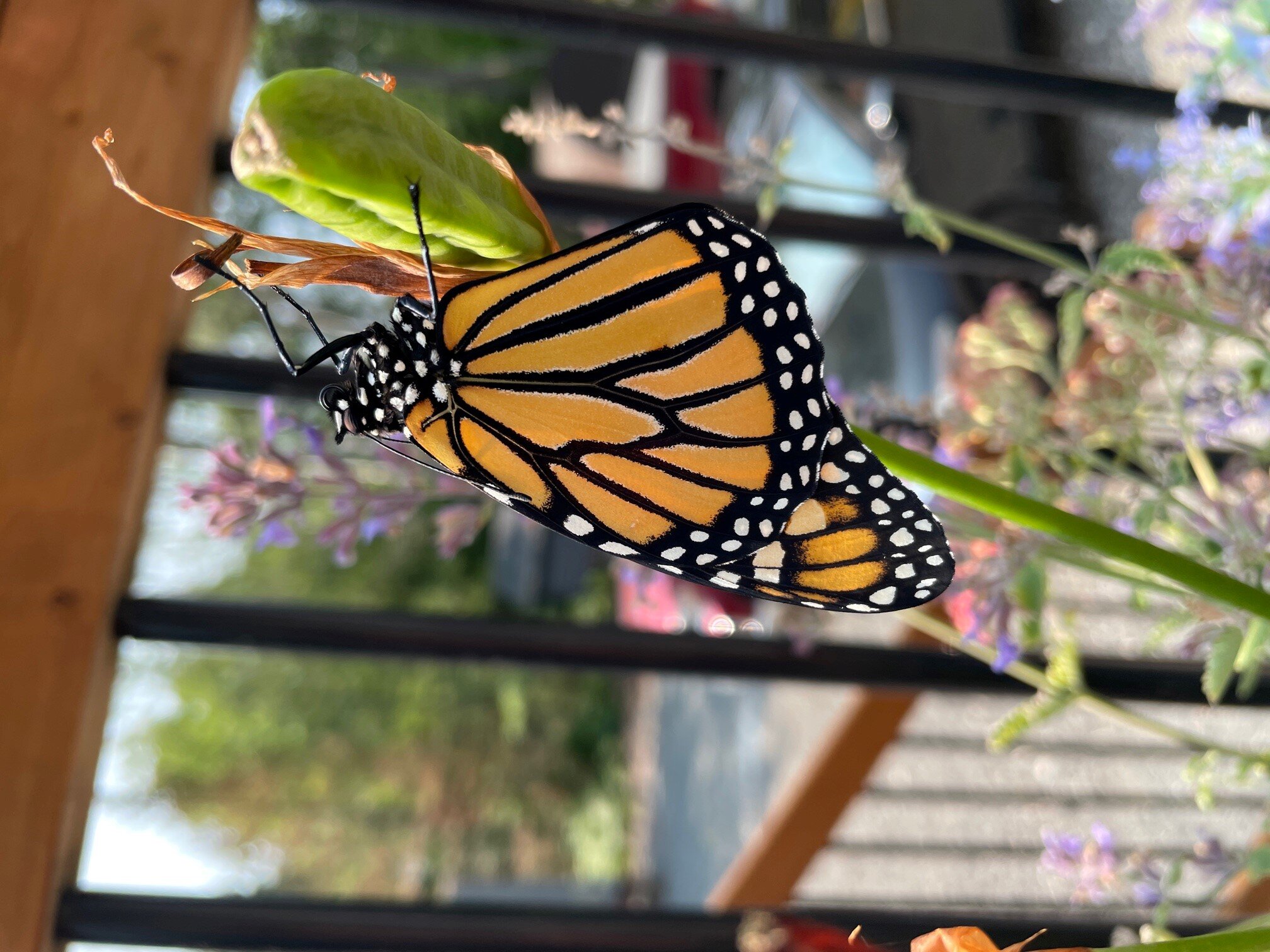
Bee City
• bee • abeille • aamoo •
Blind River is taking action to protect our local pollinators!
Pollinator Facts
Pollinators include native/wild bees, honey bees, wasps, beetles, flies, moths, butterflies, hummingbirds, other insects, and some mammals too.
There are over 800 species of native bees in Canada, most are solitary and live in the ground.
Some native bee species are picky about the flowers they visit and only forage for pollen from a small number of plants, sometimes just one species.
Honey bees were brought to Canada in the 1800s for their honey and wax. Today, many farms depend on them for the pollination of crops.
Almost 90% of plants on the planet need pollinators to reproduce.
75% of food crops require pollination to maximize seed or fruit production.
40% of the world’s pollinator population is at risk.
Watch here: Honey Harvest - Why We Should Care About Pollinators
Why are pollinators threatened?
As we change natural landscapes to make way for cities, urban sprawl, industrial and agricultural lands, pollinators lose their food sources and homes.
Large scale farming often depends on agrochemicals, such as pesticides, herbicides, and fungicides. These can create toxic environments for pollinators.
Growing one type of crop over large areas of land, as is common on many farms, does not provide the kind of habitat or food sources that pollinators need. They require rich and diverse ecosystems that include a multitude of native plants, shrubs, and threes.
What can we do about this?
Create healthier and more diverse natural environments in our cities, schools, parks, backyards, balconies, farms, and countryside!
5 things you can do to save the bees:
-
Plant
Plant a pollinator-friendly garden in your yard or on your balcony. Choose a diverse range of pesticide-free, native plants, shrubs, and trees that will bloom from early spring to late fall, providing pollen and nectar throughout the season.
-
Support local
Support local, pollinator-friendly farmers. Get out to a farmers’ market and choose pesticide-free foods. Try to reduce your meat consumption.
-
Grow veggies
Growing veggies, herbs, and medicinal plants in your yard, on your balcony or in a community garden.
-
Be lazy
Be a lazy gardener. Mow less frequently. Leave the leaves. Clean-up in the late spring after the pollinators emerge from their winter hideouts. Love the dandelions.
-
Support education
Support education and community initiatives by making a donation to Bee City Canada.
More ways to protect pollinators:
Become a Bee School
Join schools across Canada that are taking action to protect pollinators.
Learn more at: beecitycanada.org/schools
Become a Bee Business
Get recognized by Bee City Canada as a Bee-friendly business, organization, or non-profit. “Bee” proud and tell your customers, employees, patrons, members, etc. that you care!
Learn more at: beecitycanada.org/business
Show us your pollinators!
Send us pictures of your garden and its bee friends to info@blindriver.ca to be featured as part of our Bee City Gallery.










